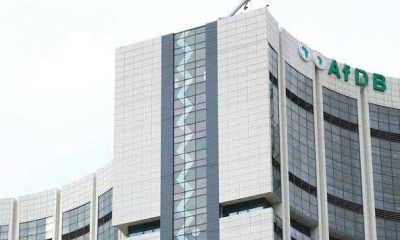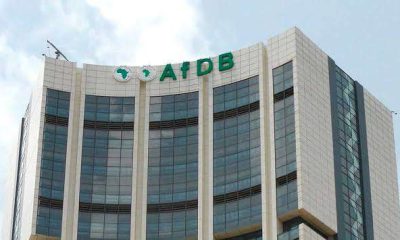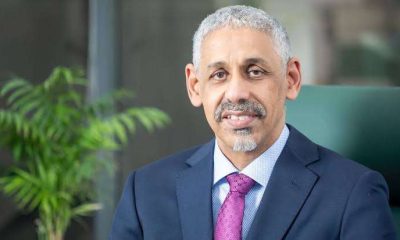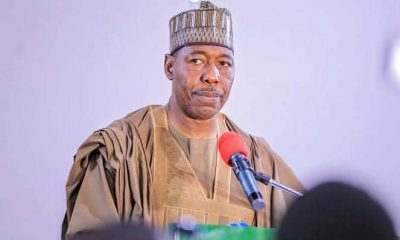Business
AfDB approves $500m facility to strengthen Nigeria’s fiscal reforms, climate agenda
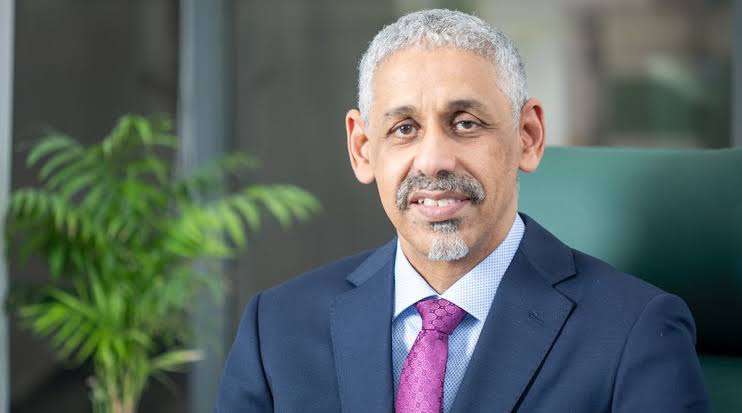
The African Development Bank Group has approved a $500 million loan to the Federal Government of Nigeria to advance sweeping economic governance reforms and accelerate the country’s energy transition efforts.
The pan African lender had earlier in October announced announced that it will lend Nigeria $500 million this year as part of a $1 billion budget support programme, following economic reforms introduced by President Bola Tinubu.
The approval, granted by the Bank’s Board of Directors in Abidjan, marks the launch of the second phase of the Economic Governance and Energy Transition Support Programme, covering Nigeria’s 2024–2025 fiscal years.
Abdul Kamara, Director General of the AfDB’s Nigeria Country Office, said the new funding is aimed at consolidating the progress recorded under the first phase of the programme while driving deeper structural reforms.
“The second phase of the programme aims to stimulate inclusive growth by accelerating structural reforms in the energy sector, while supporting progressive reforms of fiscal policy to boost non-oil revenues and expand fiscal space,” Kamara said.
Focus Areas
The programme is anchored on three strategic pillars:
Fiscal policy and public finance reform, including initiatives to strengthen public financial management, improve budget transparency, and enhance efficiency in government spending.
Power sector reform, targeted at reducing energy poverty, broadening electricity access, improving governance and regulation, and drawing more private investment into the sector.
Energy transition and climate action, with measures to support Nigeria’s shift toward cleaner energy, promote climate resilience, and introduce energy-efficiency standards for electrical appliances. The plan also includes updating Nigeria’s Nationally Determined Contribution (NDC) for 2026–2030.
Beneficiaries and Expected Impact
The loan will directly support key institutions such as the Federal Ministry of Finance, Federal Ministry of Power, the Federal Inland Revenue Service, the Auditor General’s Office, the Debt Management Office, the National Climate Change Council (NCCC), the Ministry of Environment, and the Nigerian Electricity Regulatory Commission (NERC).
The AfDB added that private businesses will benefit from a stronger investment climate, new opportunities in the power and renewable energy space, and expanded prospects for public-private partnerships across the states.
With this latest approval, the African Development Bank’s active portfolio in Nigeria stands at $5.1 billion across 52 ongoing projects as of 31 October 2025.


